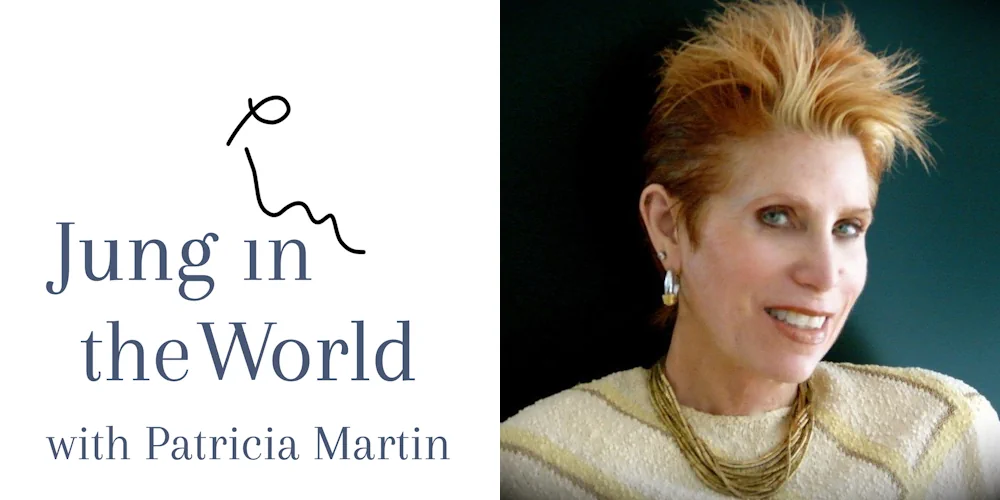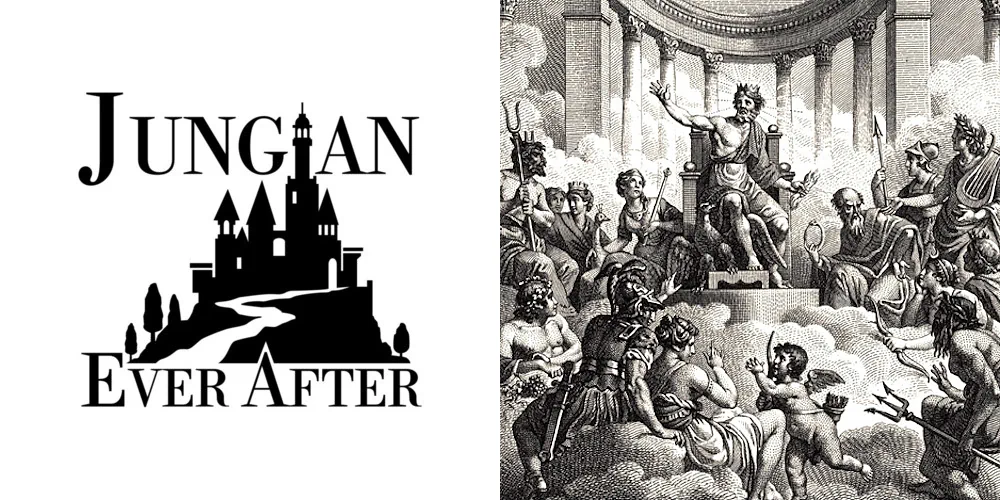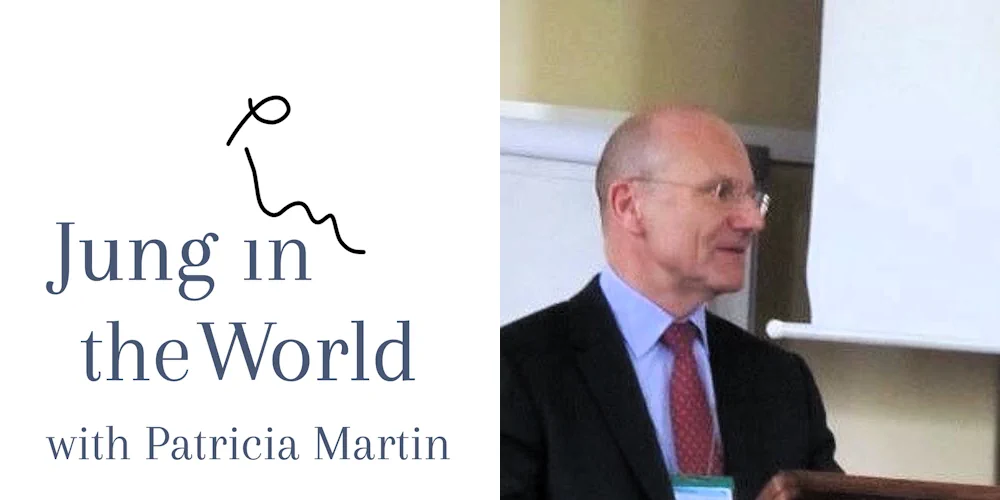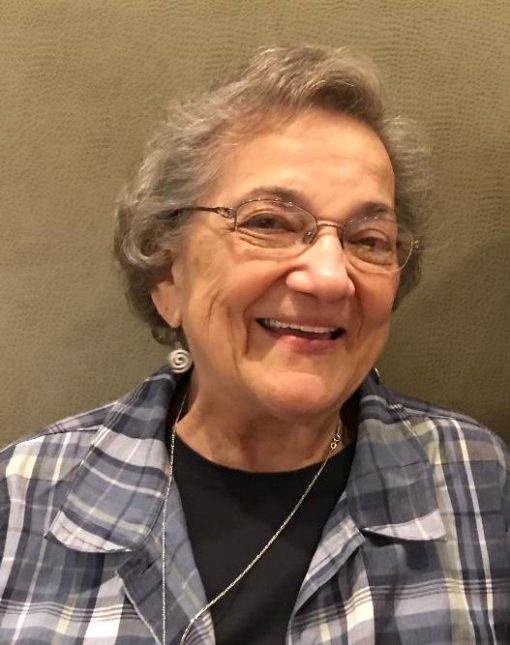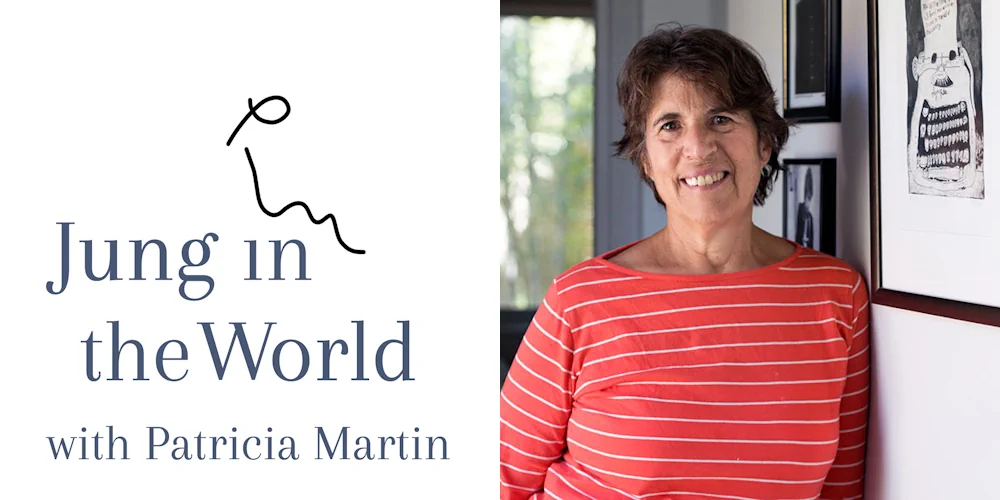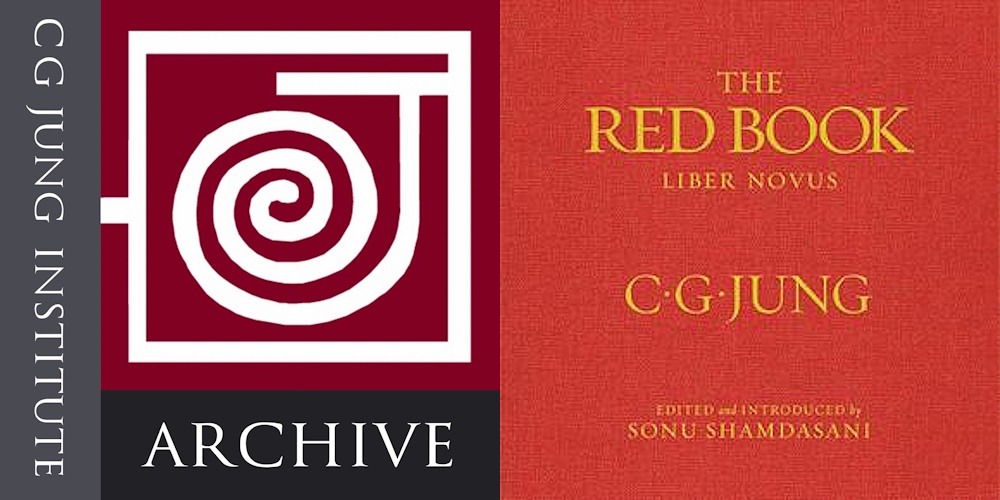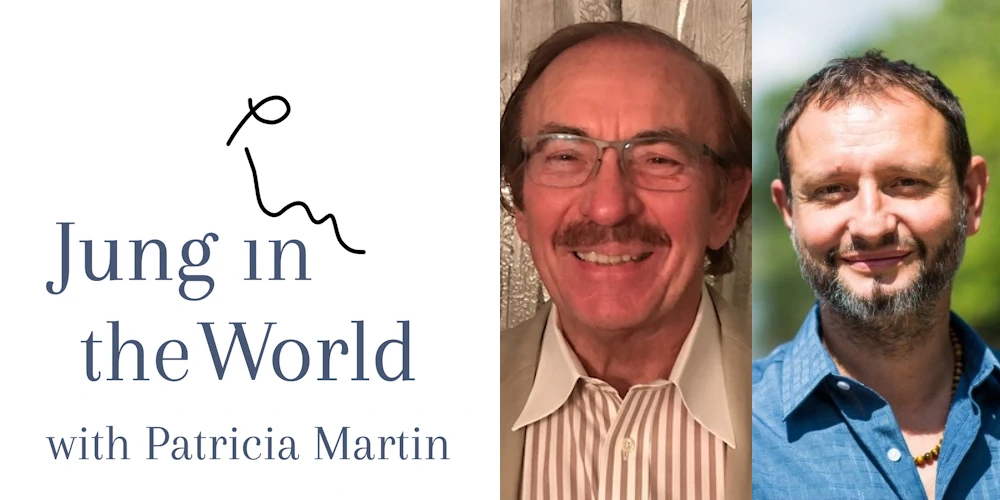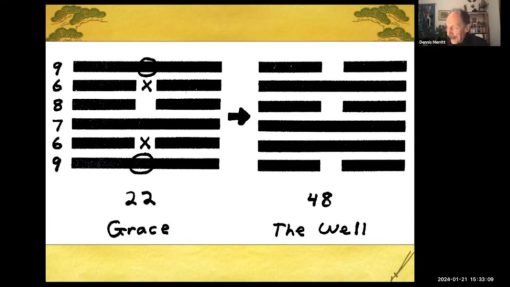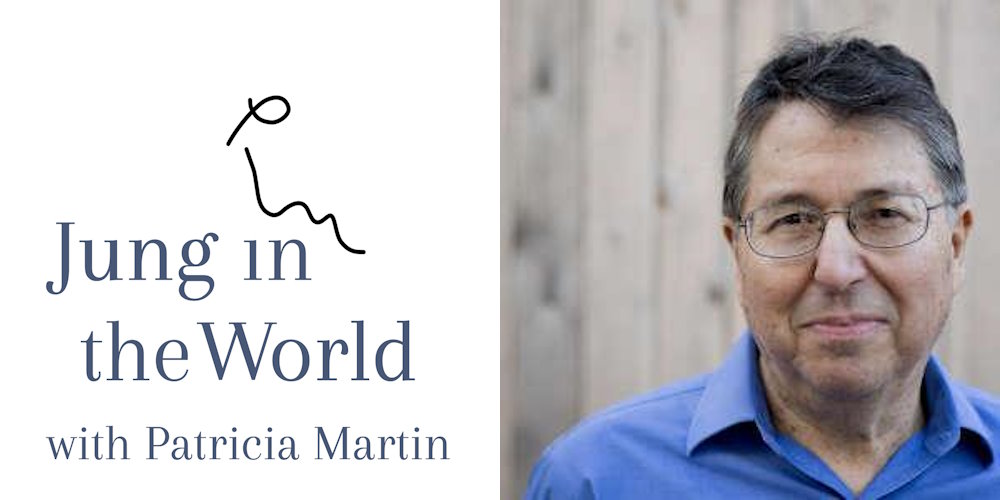
Jung in the World | Trickster Makes This World: Mischief, Myth and Art with Lewis Hyde
Podcast: Play in new window | Download (28.2MB)
Our Spring Fundraising Drive ends June 30! We need your help to keep this free podcast, our classes, and our training programs going. Become a supporter by making a donation today!
Renowned mythologist and McArthur genius Fellow Lewis Hyde joins Patricia Martin in a revelatory conversation about the trickster archetype embodied in mythology.
(more…)
